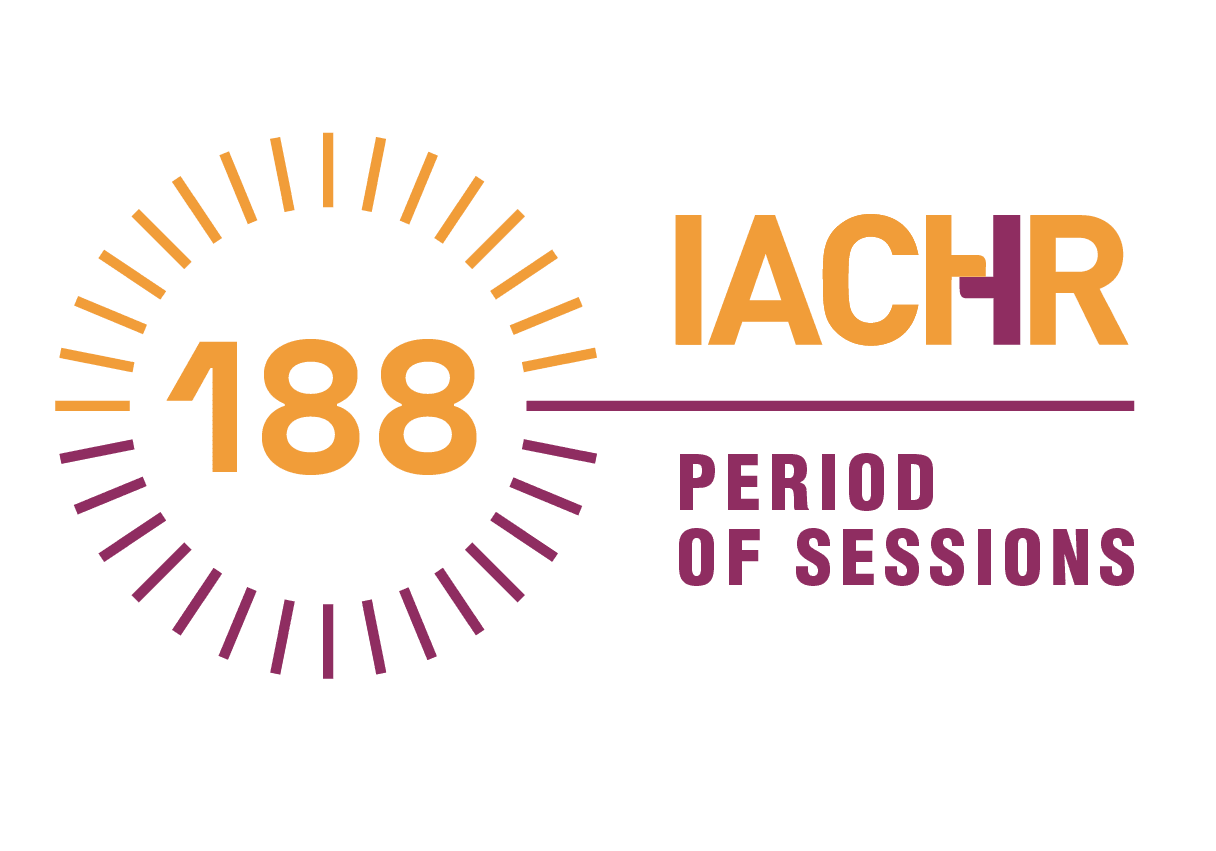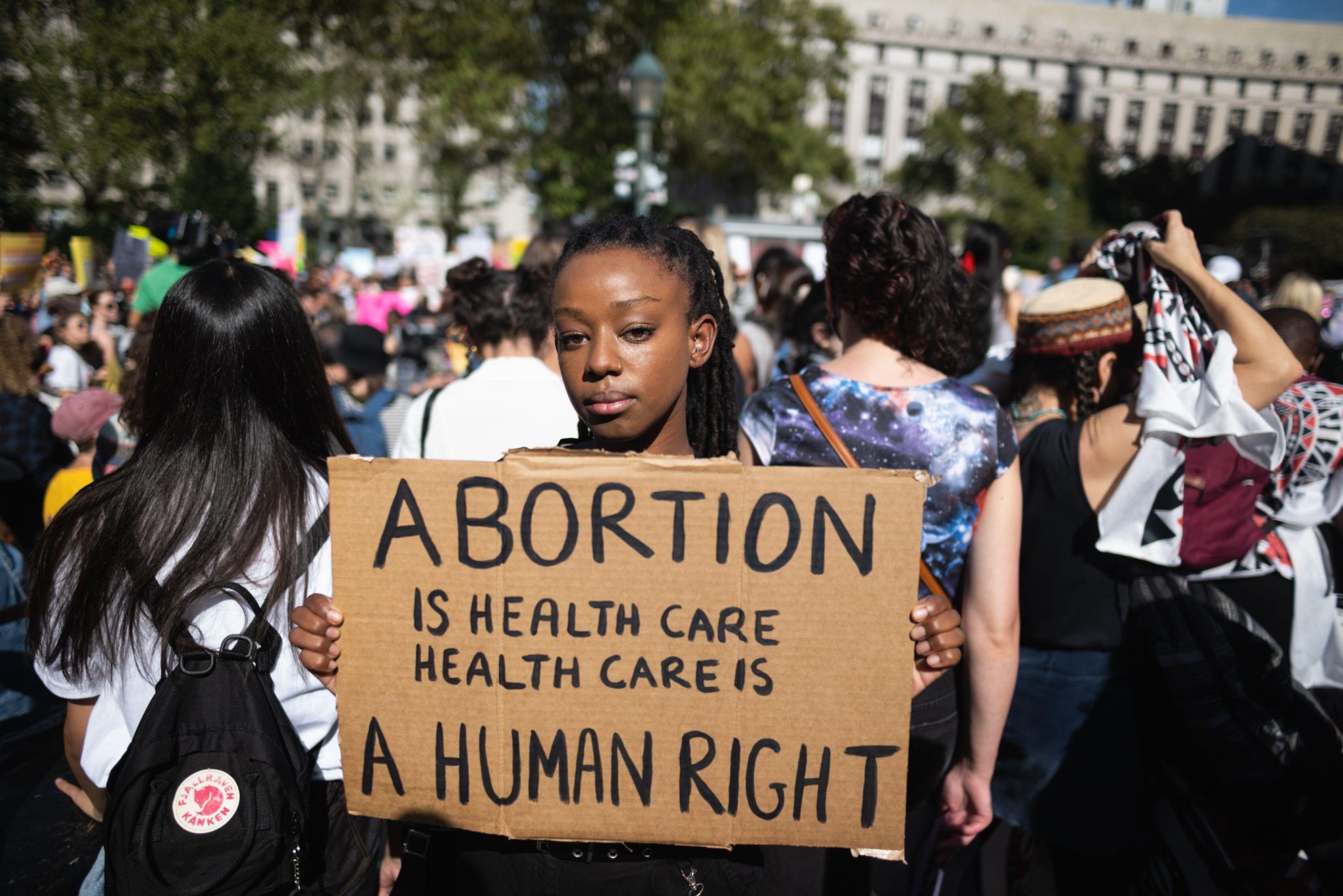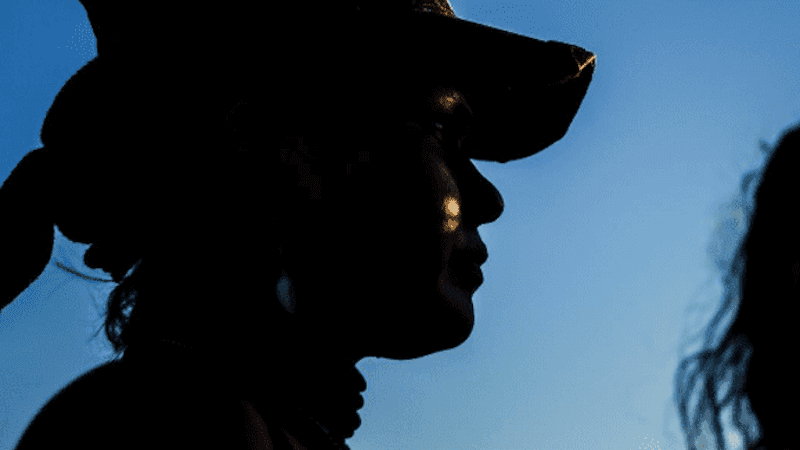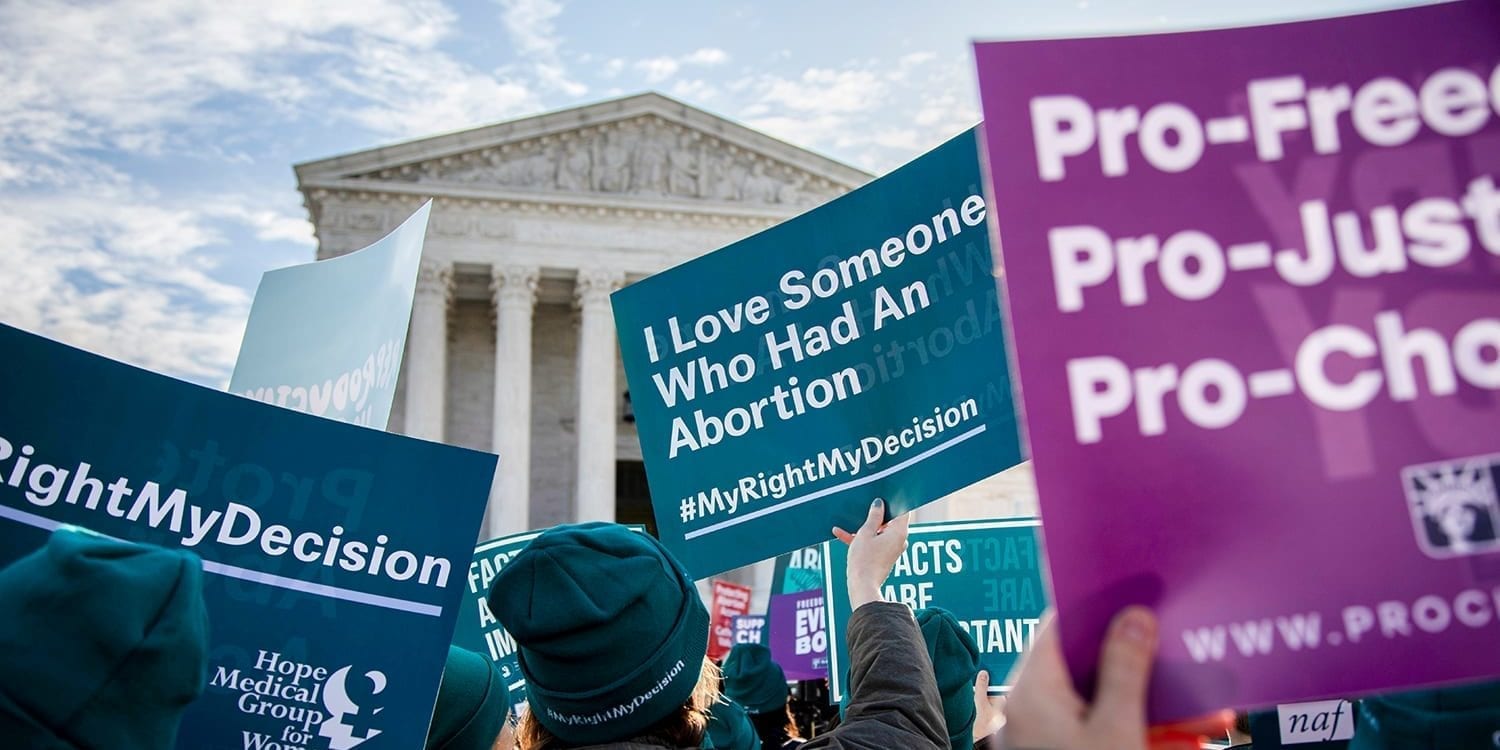With expert testimony by the Center for Reproductive Rights, IACHR hearings will examine the human rights violations of U.S. abortion bans and the harm of agrochemicals on reproductive health in Latin America.
The Inter-American Commission on Human Rights (“the Commission”) is a regional human rights body that monitors, protects and promotes human rights in the Americas. And for the first time since the U.S. Supreme Court eliminated the constitutional right to abortion in 2022, the Commission will be examining the human rights violations caused by U.S. state abortion bans at a milestone hearing at its 188th Period of Sessions in Washington, D.C.
The Center for Reproductive Rights will provide expert legal testimony at the November 8 hearing, titled “Healthcare Denied: The Status of Sexual and Reproductive Health and Rights in the U.S. in the Wake of the Dobbs Decision.” The Center will also speak at “Impacts of Agrochemicals on Reproductive Rights,” also on November 8, which will examine the harm and human rights violations caused by the wide use of the chemicals throughout Latin America.
The hearings are part of the IACHR’s 188th Period of Sessions being held from November 6 – 10 in Washington, D.C. All hearings are open to the public and will be streamed online.
Inter-American Commission on Human Rights 188th Period of Sessions, November 6 – 10
The Commission will hold five days of public hearings on human rights issues in the Americas. All hearings are open to the public and can be watched in person or online.
Watch the hearings:
-
In person: Organization of American States, 1889 F St. NW, Washington, D.C.
-
Online: Watch the livestream in English, Spanish or Portuguese. (See below for times.)
Hearing Details
Healthcare Denied: The Status of Sexual and Reproductive Health and Rights in the U.S. in the Wake of the Dobbs Decision
Wednesday, November 8, 2:00 p.m. ET
Requested by the Center and 13 organizations working on reproductive health, rights and justice; disability rights; and human rights, this hearing will examine the worsening legal landscape of abortion access and the negative impacts of state bans and restrictions that have taken effect since the overturning of Roe v. Wade.
Access to health care—including abortion care—has been widely recognized as a human right, and the Commission has noted its deep concern about the risks that abortion bans and restrictions pose to people’s health and lives. The U.S. Supreme Court’s ruling has made the U.S. a global outlier in the trend to liberalize abortion laws.
At the hearing, the Commission will hear expert legal testimony and personal stories about the deeply harmful repercussions of abortion bans that have taken effect in more than a dozen states. Among those witnesses is Kiersten Hogan, a plaintiff in the Center’s Zurawski v. State of Texas case, who was denied abortion care at a Texas hospital after her water broke prematurely despite risks to her health and life. She eventually delivered her son stillborn.
Speakers:
-
Rachana Desai Martin, Chief Government and External Relations Officer at the Center for Reproductive Rights
-
Astrid Ackerman, Staff Attorney at the Center for Reproductive Rights
-
Kiersten Hogan, plaintiff in Zurawski v. State of Texas, who was denied abortion care at a Texas hospital after her water broke prematurely
-
Katie Quiñonez-Alonzo, Executive Director of Women’s Health Centers of West Virginia and Maryland
-
Monica Simpson, Executive Director of SisterSong – Women of Color Reproductive Justice Collective
The U.S. is a Global Outlier on Abortion Rights
While more than 60 countries have liberalized their abortion laws in recent decades, the U.S. is one of only four countries that has removed legal grounds for abortion.
Impacts of Agrochemicals on Reproductive Rights
Wednesday, November 8, 4:00 p.m. ET
The Commission will hear from medical professionals and legal experts about the adverse impact of pesticides and other agrochemicals on the reproductive health of women and children in the region. Testimony will also be given about how the indiscriminate use of these products has led several states in Latin America to fail in their obligations to protect and guarantee rights as outlined in the American Convention on Human Rights.
The hearing marks the first time the IACHR will address the harms of agrochemicals on reproductive health.
Such agrochemicals are widely used in Latin American agriculture, and scientific evidence shows that exposure to glyphosate and other agrochemicals leads to increased rates of fertility disorders, miscarriages, low birth weight and a higher risk of premature birth. An increased risk of preeclampsia, a higher frequency of postpartum hospitalizations due to infections in women, congenital malformations, infections and even an increased risk of newborn mortality have also been documented.
Speakers:
-
Cristina Rosero, Senior Legal Advisor at the Center for Reproductive Rights, Colombia
-
Marcia Sarpa, Toxicologist and Researcher at the Brazilian Association of Collective Health (Abrasco), Brazil
-
Emiliano Maldonado, Attorney for the Permanent Campaign Against Agrochemicals and for Life, Brazil
-
Damian Versenazzi, Physician and Spokesperson for the Stop Spraying Campaign, Argentina
-
Katherine Olivera, Associate Director of Global Policy at Fòs Feminista
Center Calls on Colombia to Halt Use of Herbicide Causing Harm to Reproductive Health
Research report by the Center and its local partner shows the negative health effects of agrochemicals.
The Role of IACHR Hearings
The Inter-American Commission on Human Rights (IACHR), part of the Organization of American States (OAS), monitors, promotes and protects human rights in the Americas.
Hearings before the IACHR are formal meetings where cases, complaints, reports or concerns related to alleged human rights violations in member states of the Organization of American States (OAS) are presented. These hearings play a crucial role in the process of monitoring and promoting human rights in the region.
The hearings:
-
Provide a platform for stakeholders—such as individuals, non-governmental organizations, governments and others—to present specific cases of alleged human rights violations.
-
Create forums to raise international attention and public awareness of human rights issues, pressuring states to act.
-
Provide the IACHR with information from stakeholders useful for accessing human rights situations in specific countries.





